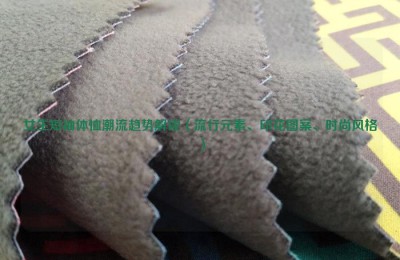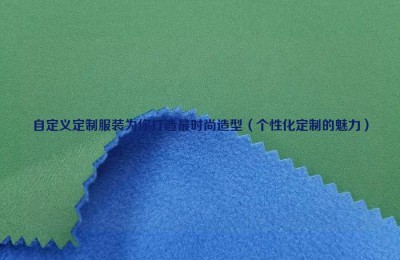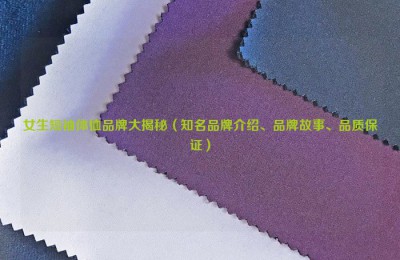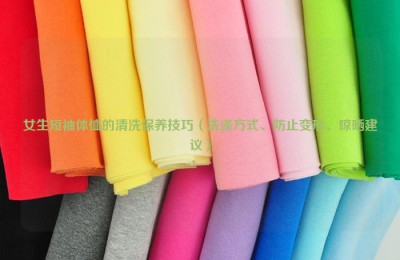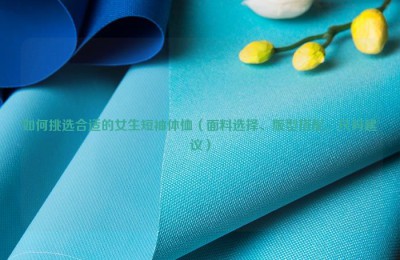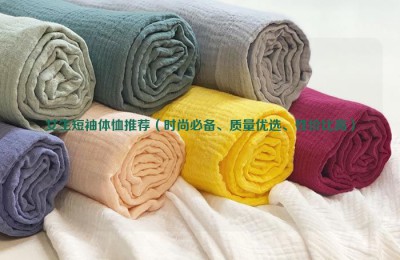According to statistics from the General Administration of Statistics of Vietnam, the textile industry production index in 2021 increased by 8.3% compared with 2020, of which the fiber production index increased by 8.4% and the woven fabric production index increased by 7.2% . The export value of Vietnam’s textile and garment industry in 2021 is US$39 billion, an increase of 11.2% compared with 2020, but the market share has not changed. Among Vietnam’s major export markets for textile and garment products, only the United States has shown recovery, and the recovery possibilities of other markets are low, even lower than in 2020, posing challenges for Vietnam’s textile and garment industry in 2022. In addition, Vietnamese textile and garment manufacturers will also face many internal challenges, including transportation costs that are three times higher than the average transportation cost in the past five years, unfavorable exchange rates that reduce competitiveness, labor resource supply imbalances, and South Vietnamese manufacturers accounting for about 40% of the textile and garment industry’s export value. There is still a shortage of labor, etc. In addition, most Vietnamese manufacturers that are OEMs for major global brands have obtained relevant requirements for “green production”, that is, to fulfill social responsibilities, protect the environment, and reduce exhaust emissions. At present, the biggest obstacle for manufacturers is large investments in machinery and technology.
Faced with the aforementioned challenges, the Vietnam Textile and Garment Industry Association has suggested that the government should continue to: (1) Strengthen vaccination to help manufacturers recover under the new normal Production; (2) We hope that the government will soon approve the development strategy of Vietnam’s textile and garment industry, leather and footwear industry by 2030 and 2035, so as to enable independent supply of raw materials and comply with the rules of origin of various free trade agreements. Regarding the greening of the textile and garment industry, the industry has set plans to reduce energy consumption by 15% and water use by 20% by 2023, and by 2030, the textile and garment industry will be greened and transformed, and 30 international brands will be established. In the long term, Vietnamese textile and garment manufacturers are in urgent need of assistance from the Congress, the government and various ministries, including overall economic stability, appropriate exchange rates, and interest rates, which will help promote exports. In addition, the government should speed up the promulgation of implementation details of various economic relief measures so that manufacturers can quickly resume production.
AAAJH. LK‘PO[IUYUKT

